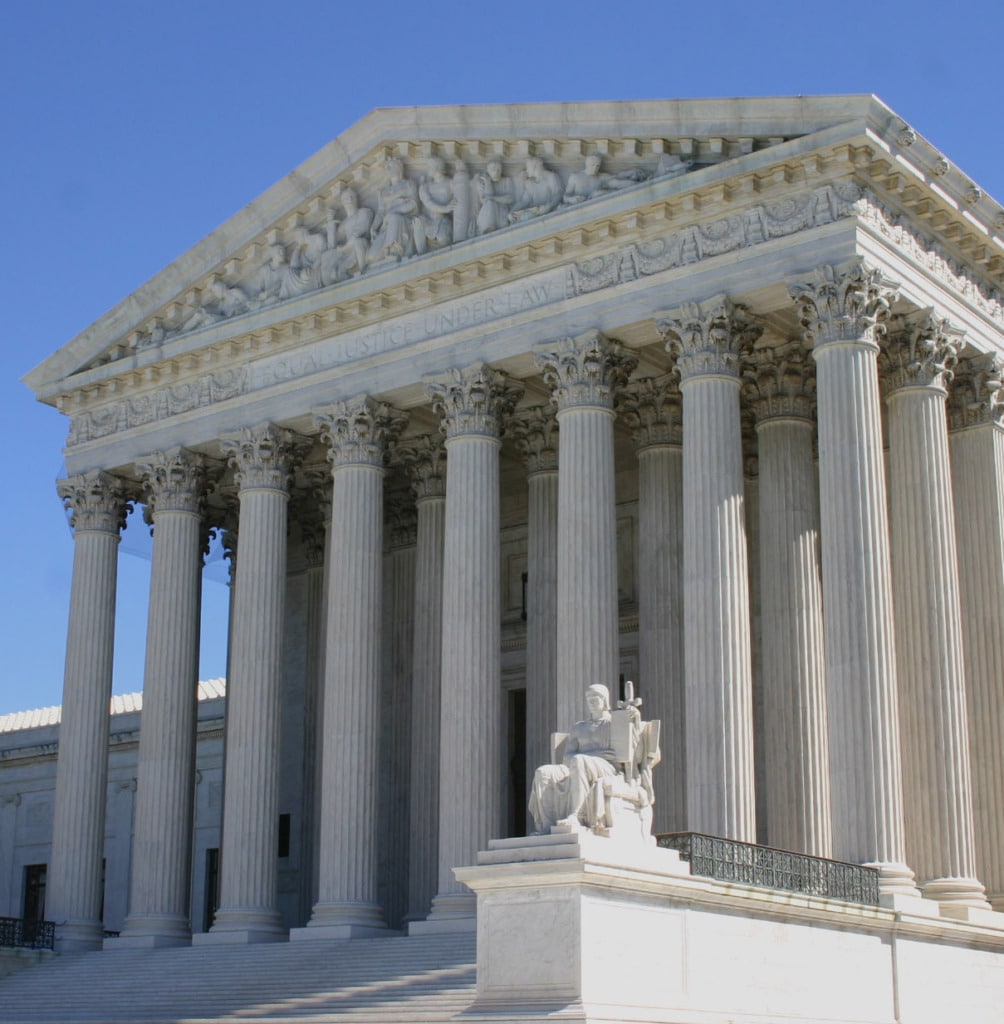Cert Petition Defends Partial Forum Non Conveniens Dismissals
A pending cert petition before the U.S. Supreme Court asks whether a district court may dismiss part of an action pursuant to the doctrine of forum non conveniens (“FNC”) while allowing the rest of the case to proceed. The Tenth Circuit held that it could not in DIRTT Environmental Solutions Inc. v. Falkbuilt Ltd. because…
Continue ReadingSecond Circuit Rejects Consent-Based Jurisdiction over PLO
Last Friday, the Second Circuit issued much-anticipated decisions in Fuld v. Palestine Liberation Organization and Waldman v. Palestine Liberation Organization, cases brought by U.S. nationals against the Palestine Liberation Organization (“PLO”) and Palestinian Authority (“PA”) for injuries sustained during terrorist attacks in Israel. After the Second Circuit held in an earlier decision in Waldman that…
Continue ReadingUsing TLB to Teach Civil Procedure (2023 Update)
With the new school year come new decisions about how to incorporate yet another Supreme Court personal jurisdiction decision into the civil procedure curriculum. TLB can help! This post highlights materials on TLB that can provide updates on recent cases, concise overviews of doctrines, and conversation starters about procedural questions. Personal Jurisdiction The big news…
Continue ReadingSupreme Court Roundup (October Term 2022)
During its 2022 Term, which ended four weeks ago, the Supreme Court decided five cases with important implications for transnational litigation. The questions included whether the Foreign Sovereign Immunities Act (FSIA) applies to criminal proceedings; the standard for aiding and abetting under the Anti-Terrorism Act (ATA); whether states may exercise general personal jurisdiction over foreign…
Continue ReadingSupreme Court Holds Lanham Act Does Not Apply Extraterritorially
In Abitron Austria v. Hectronic International, the Supreme Court held that the federal trademark statute does not apply extraterritoriality, with the majority emphasizing that conduct relevant to the statute’s focus must occur within the United States.
Continue ReadingMallory Decision Opens New Path for Personal Jurisdiction
The Supreme Court’s decision in Mallory re-opens the door to suing foreign companies in U.S. courts over disputes that arise in other countries. It may also have significant repercussions for personal jurisdiction doctrine more broadly.
Continue ReadingSupreme Court Decides Mallory v. Norfolk Southern
For prior TLB coverage of this case, see here. The Supreme Court (finally) issued a decision today in Mallory v. Norfolk Southern, holding that Pennsylvania’s corporate registration statute, which requires out-of-state businesses to consent to all-purpose jurisdiction in Pennsylvania courts, does not violate the Due Process Clause of the Fourteenth Amendment. Justice Alito joined Justice Gorsuch’s…
Continue ReadingSmagin‘s Surprises
Last week’s decision in Yegiazaryan v. Smagin was surprising in a number of respects, from the line-up of the Justices to the possible shift it signals in the presumption against extraterritoriality.
Continue ReadingTheir Beef Is with Burger King
The Justices have not yet given us good reasons to give up on International Shoe. Instead, their complaints are really about the doctrinal scaffolding that the Burger and Rehnquist Courts built on top of International Shoe in the 1980s.
Continue Reading




